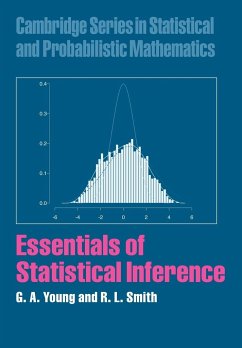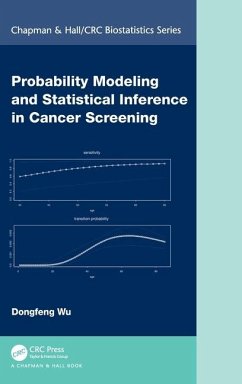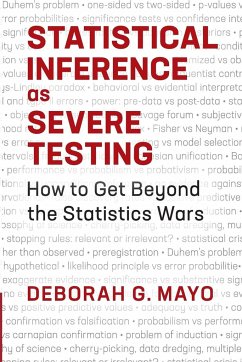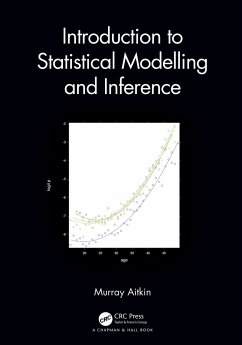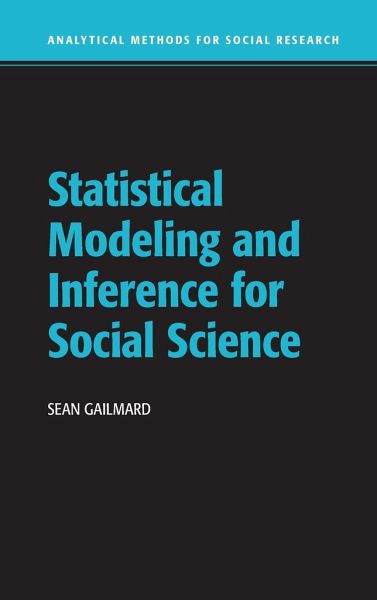
Statistical Modeling and Inference for Social Science
Versandkostenfrei!
Versandfertig in 1-2 Wochen
83,99 €
inkl. MwSt.
Weitere Ausgaben:

PAYBACK Punkte
42 °P sammeln!
Written specifically for graduate students and practitioners beginning social science research, this textbook introduces the essential statistical tools, models and theories that make up the social scientist's toolkit. Focusing on the connection between statistical procedures and social science theory, Sean Gailmard demonstrates how social scientists assess relationships between variables.









